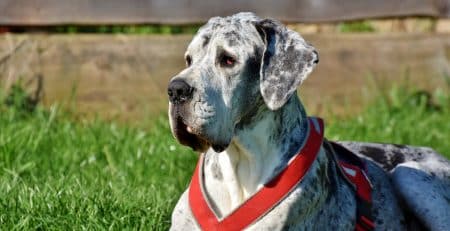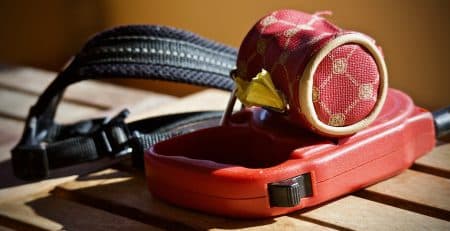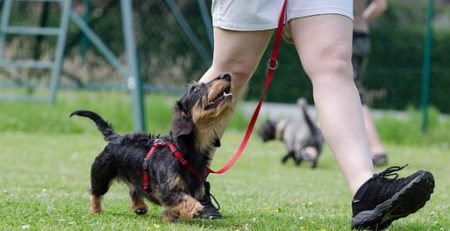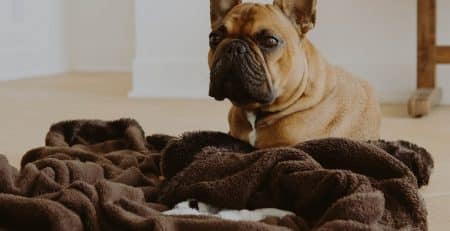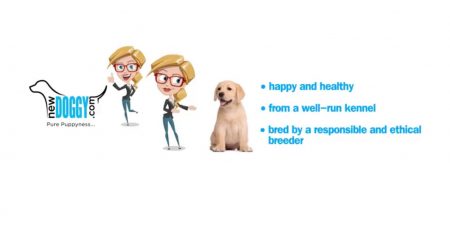Help my dog is eating poop!
You’re at work and you spent the whole day daydreaming about going back home and kicking back for a relaxing evening with your dog and cat and binging on some unhealthy food and TV series. You finally get home after getting stuck in traffic for the past one and a half hours. As you open the door your dog and cat rush to greet you. Everything is as it should be. You kneel down to savour the adoration that you were craving. You absolutely love it when your dog licks you … but then it hits you. Like a hammer hits a nail, the stench hits your nostrils and fires your brain to recoil from its source. You realize its coming from your dog’s mouth; the same mouth that was licking your ear and cheeks a few seconds ago. And then you realize … the dog had a go at the cat’s litter again!
Is it normal?
One cannot blame owners to be disgusted at this kind of behaviour. When they got the dog home they bargained for a cute, well behaved puppy not a scat fetishist that makes you thread on eggshells and contort in awkward positions as you try to avoid getting licked. Your supposedly best friend should have better oral hygiene and more savoury habits. However it is safe to say that this kind of behaviour, although undesirable, is pretty normal.
Why do dogs do it?
Dogs engage in this kind of behaviour because they are either not getting enough nutrients from their diet or because the faeces of other dogs or other animals, especially cats, has a lot of useful nutrients such as proteins and fats still present in it. This kind of behaviour usually first shows up early on in a dog’s life when the dog is still developing. This is because puppies have a great need for proteins and other nutrients. However, if not nipped at the bud, this behaviour might become normal and persists throughout the dog’s life. It is useful to schedule your dog for a veterinary check-up and rule out any underlying conditions that might be contributing to this behaviour.
Other reasons may include that the dog’s feeding area is not kept clean. Having faeces and their odours in close proximity to a dog’s food might make him associate the smell with feeding time and render it unable to distinguish between the two due to conditioning.
Dogs might also engage in this behaviour due to emotional issues. Dogs that are not properly socialized or suffer from anxiety have a greater chance of engaging in this kind of behaviour. Dogs that are housetrained using harsh measures sometimes end up eating their own faeces in order to hide any incriminating evidence and hopefully avoid being punished.
Tackling this situation usually needs a lot of patience and a lot of positive reinforcement to encourage the dog to behave properly. Getting angry at the dog and stressing the dog out will only make the situation worse as the dog will inevitably seek familiar, comforting behaviour such as eating its own stools.
So what can be done about it?
As mentioned above, the first step is to take your beloved pet to the vet in order to rule out any underlying conditions that might be contributing to the situation. The veterinarian will identify whether your dog is suffering from parasites, digestive problems or other conditions that might increase the dog’s appetite (such as diabetes, Cushing’s disease, etc.). If the dog is suffering from a condition, solving the problem might stop this behaviour. If the dog insists on its stool eating habits, after ruling out any medical conditions, one should start thinking of training methods to stop this undesirable behaviour.
Owners must make sure that the dog is being fed highly digestible, high quality food. This will ensure that the dog is getting all the necessary nutrients and is not resorting to this behaviour in order to compensate for some missing element in its diet. Dogs showing this behaviour are also usually given vitamin and enzyme supplements to aid their digestion.
It is also good to give a treat to your dog after your dog answers nature’s call. This is useful to break the dog’s habit by giving it a tasty alternative to eating its own poop. If this distraction is consistently sustained over a long enough period of time, the dog will hopefully forget its previous disgusting behaviour and replace it with this more pleasant one.
Picking your dog’s faeces right after your dog finishes its business and cleaning the dog’s environment as often as possible is also another way of reducing opportunities and help your dog get this behaviour out of its system. If the dog shares the house with a cat one must also put the cat litter out of the dog’s reach.
There are various products on the market that are meant to discourage dogs from eating their own or other dog’s faeces. These products are often bitter or unpleasant and if used consistently are quite effective at deterring this behaviour. These can be bought from regular pet supply stores.
So despair not. The resources are endless. You just need a little bit of patience and work until you can help your dog go through this gut wrenching phase.


